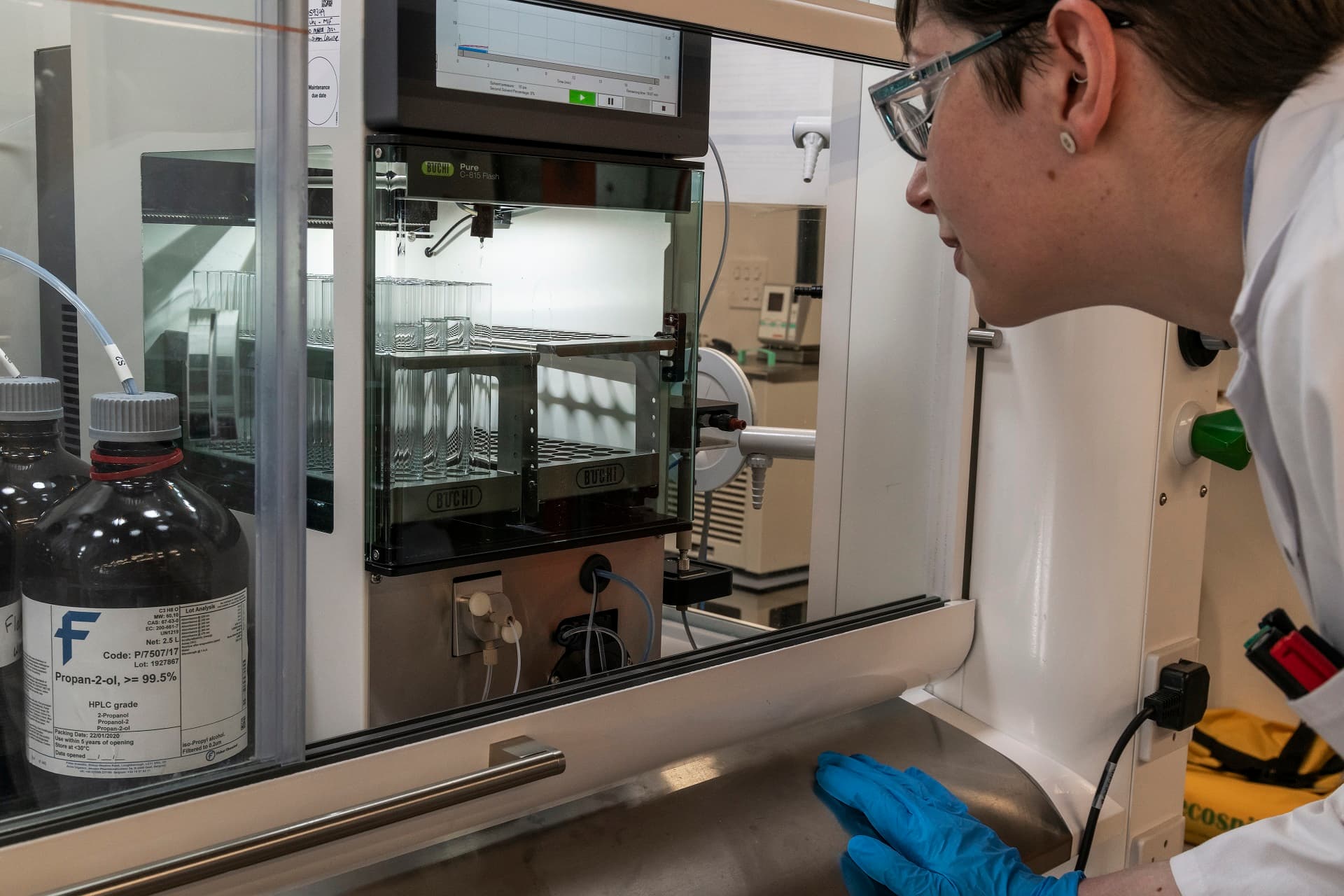Background
In general, the most common medicines used to treat acute and chronic healthcare conditions are based on doses taken daily or several times per day. Treatments for high blood pressure, diabetes, high cholesterol, asthma, and depression, are all based on daily administration, delivered via tablets, liquid medicines, or inhalers.
Unfortunately, many medicines fail to deliver their intended benefits due to missed doses and many prescribed medicines are not fully utilised and ultimately thrown away. Missed doses create a range of additional complications, from a lack of efficacy, through to the development of pathogen resistance. These complications can negatively impact individual patients, in some cases leading to their death, and have the potential to negatively impact whole populations.
There is a proven alternative approach, called long-acting therapeutics, which deploys drugs in a different way. This is the basis for the Centre of Excellence for Long-acting Therapeutics (CELT). In summary, a single administered dose may be developed to safely deliver the appropriate level of drug over very extended periods of time from weeks to months.
These approaches have been highly successful in the management of HIV and mental health disorders and CELT has been created to enable long-acting therapeutic development and deployment. The scope for long-acting therapeutics is considerable, and many diseases have no long-acting option. Global health efforts are targeting many of these opportunities to ensure options exist for patients around the world and across multiple healthcare needs.
Market research has consistently shown a high degree of patient enthusiasm for long-acting therapeutics. For doctors, this approach can greatly simplify the way they administer drugs, improve clinical outcomes, reduce environmental exposure, and reduce the costs of healthcare provision.
Vision
To fully exploit the potential of long-acting therapeutics, a concerted investment in science, technology, regulatory pathways, clinical manufacture, and utilisation is required. Developing appropriate long-acting medicines also requires a detailed understanding of national public and patient perspectives and the acceptability of long-acting therapeutics approaches within each target patient group.
Our vision is to create a national Hub for Advanced Long-acting Therapeutics (HALo), hosted at the University of Liverpool’s Centre of Excellence for Long-acting Therapeutics (CELT) and partnered by leading research teams in the University of Nottingham, Queens University Belfast, and the University of Manchester. The Hub will advocate for new long-acting therapeutics development to maximise new opportunities, address key technology questions, establish long-acting therapeutics awareness across UK public, patient and clinical groups, and ensure patient involvement in appropriate future long-acting therapeutics development.
Aims and objectives
HALo will conduct world-leading physical science research that will:
- Enable the acceleration of long-acting therapeutics development
- Advocate strongly for a national strategy on long-acting therapeutics
- Create an evidence-based pathway to a national translational ecosystem to enable scale-up of industrial and academic long-acting therapeutic candidates, from pre-clinical proof-of-concept through to a UK-wide manufacturing base capable of production of Good Manufacturing Practice medicinal long-acting therapeutics products
- Create a regulatory environment to enable rapid clinical evaluation.
Partnerships
HALo has established partnerships with numerous pharmaceutical companies (start-ups to multinationals), contract development and manufacturing organisations, formulation ingredient manufacturers, and some of the largest hospitals in the UK. We will create patient, contract development and manufacturing organisations, and industry forums with additional partners to advocate strongly for a national strategy that facilitates the economic and healthcare potential of long-acting therapeutics. Future national healthcare provision will require long-acting therapeutics to overcome unmet clinical needs not addressable using conventional medicines, and create options for patients and clinicians to expand the choice available for healthcare provision. HALo will address key technology questions, establish long-acting therapeutics awareness, and ensure patient involvement in future long-acting therapeutic development.
If you would like to work with us or have a related project you could benefit from our expertise on, please get in touch.
For more information, please contact HALo@liverpool.ac.uk.
The HALo partners

